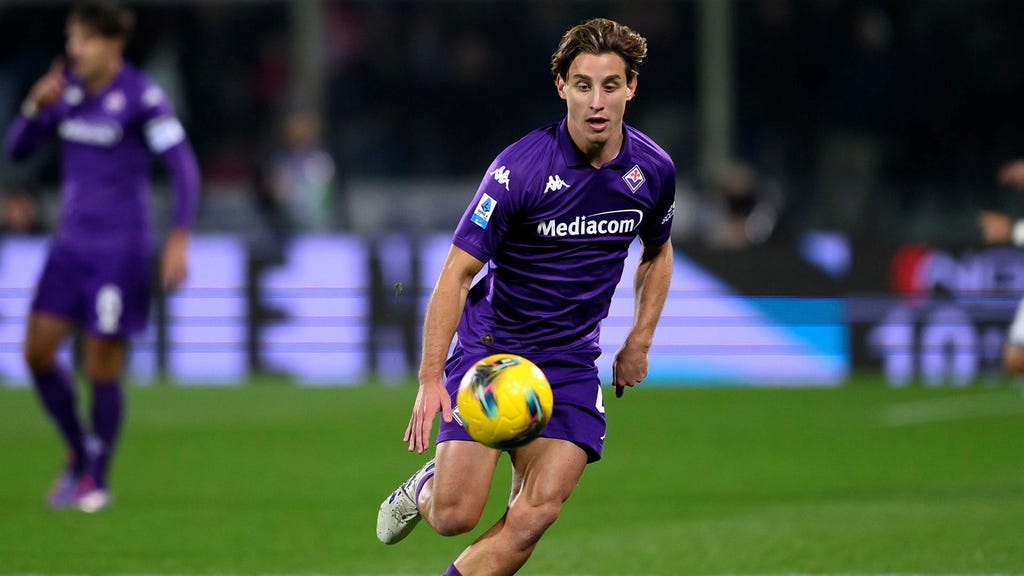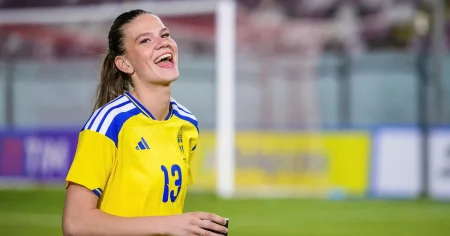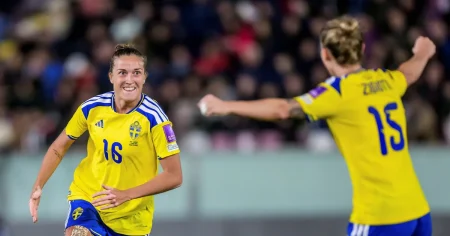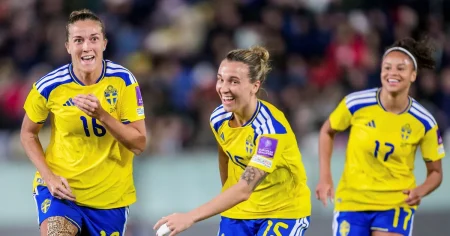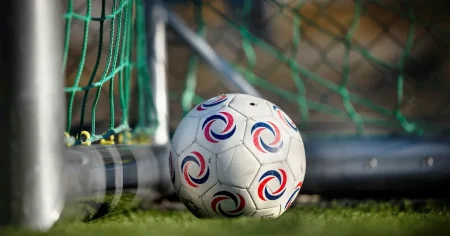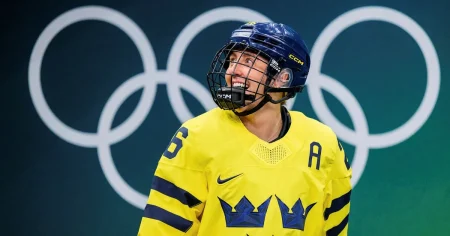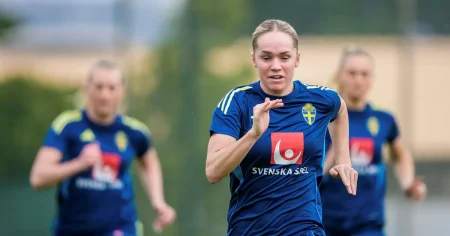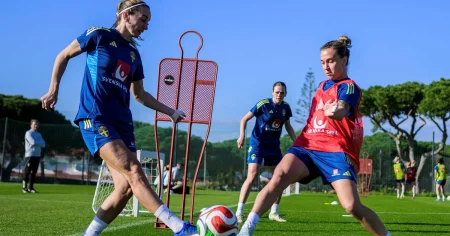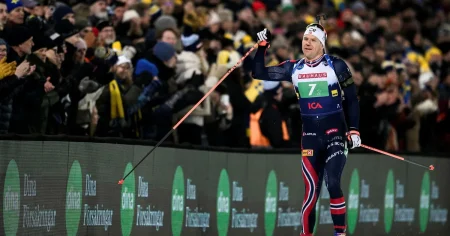The Italian football world held its breath just over a week ago when 22-year-old midfielder Edoardo Bove collapsed during a Serie A match between his club, Fiorentina, and Inter Milan. The diagnosis, a sudden cardiac arrest, sent shockwaves through the league and prompted immediate medical intervention. Bove was placed in a medically induced coma, leaving fans and fellow players anxiously awaiting updates on his condition. Fortunately, his health has steadily improved since the terrifying incident. Just a few days ago, on Thursday, Bove was able to leave the intensive care unit, marking a significant milestone in his recovery.
The latest reports indicate that Bove has undergone a successful operation to implant a defibrillator, a device designed to prevent future cardiac events by detecting and correcting abnormal heart rhythms. This proactive measure offers a path forward for Bove, allowing him to resume a more normal life, although his future in professional football remains uncertain. If his recovery progresses as expected, he is anticipated to be discharged from the hospital within the next few days. The positive trajectory of his recovery has undoubtedly brought immense relief to his family, teammates, and fans who have rallied behind him throughout this ordeal.
While the successful implantation of the defibrillator significantly reduces the risk of another cardiac episode, it also poses a challenge to Bove’s career in Italian football. Due to stringent health regulations in Italy, players with implanted defibrillators are prohibited from competing in the country’s professional leagues. This restriction stems from concerns about the potential risks of high-intensity athletic activity for individuals with underlying heart conditions, even with the added security of a defibrillator. While these rules are in place to protect players’ health and well-being, they also present a difficult hurdle for athletes like Bove who aspire to continue their careers in their home country.
Bove’s situation echoes the experience of Danish footballer Christian Eriksen, who suffered a similar cardiac arrest during the UEFA Euro 2020 championship. Eriksen, then playing for Inter Milan, also required the implantation of a defibrillator, which subsequently barred him from playing in Serie A due to the Italian regulations. This forced him to seek opportunities elsewhere, eventually leading him to join English club Brentford, where the regulations regarding players with defibrillators are less restrictive. This precedent serves as a potential roadmap for Bove, suggesting a possibility of continuing his career in a league with different health regulations.
The case of Edoardo Bove highlights the complex interplay between athlete safety and sporting regulations. While stringent rules like those in Italy are designed to mitigate risk and protect players, they also present unforeseen challenges for athletes who experience sudden cardiac events. The situation begs the question of how to balance player safety with the desire to allow athletes to continue their careers, particularly when medical advancements, like defibrillator technology, offer a means of mitigating inherent risks. The debate surrounding these regulations is likely to continue as more athletes face similar circumstances, prompting discussions on how to best navigate the complex intersection of health, safety, and athletic ambition.
The road ahead for Bove remains uncertain, particularly in regards to his professional football career. He will undoubtedly need time to fully recover from the physical and emotional toll of this experience, and decisions about his future in the sport will likely be made in consultation with medical professionals and his family. The support he has received from the football community, both in Italy and internationally, underscores the solidarity and empathy that exists within the sport. As Bove navigates the next chapter of his life, the outpouring of support will undoubtedly play a vital role in his recovery and help him make informed decisions about his future, both on and off the pitch. The hope remains that, like Christian Eriksen, he will find a way to continue pursuing his passion, albeit perhaps in a different league, and continue to inspire others with his resilience and determination.





